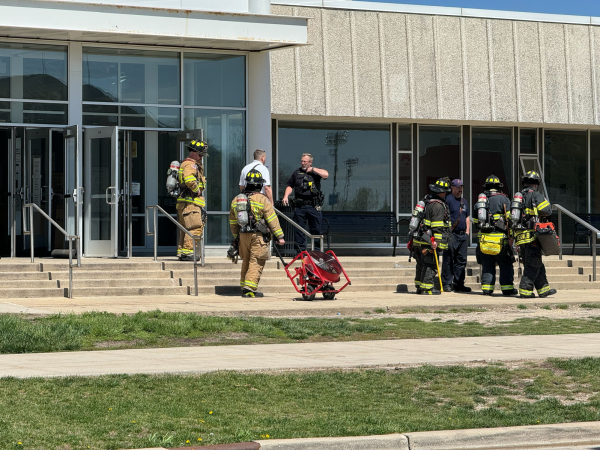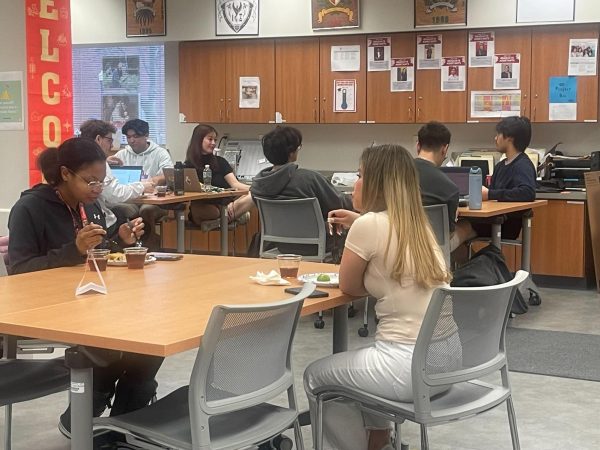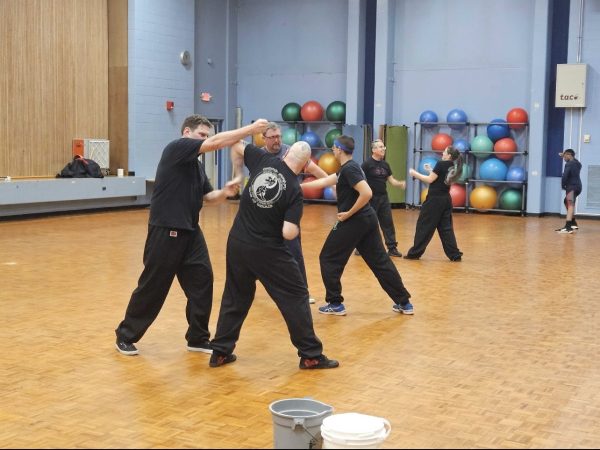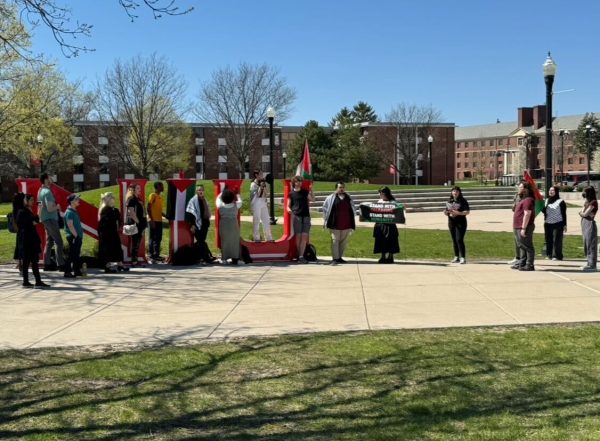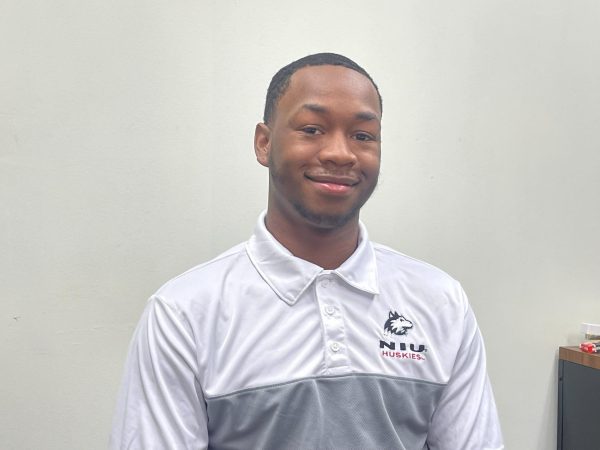‘Mr Wonderful’
October 18, 2006
DeKALB | There are heroes among us, and not just on NBC. Some “heroes” can be found right here at NIU.
Manny Hernandez, an associate professor for the school of art, is on sabbatical this semester, but that doesn’t mean you can find him vacationing by the pool.
Hernandez has been boarding planes to third world countries as a member of Potters for Peace, an organization that helps underdeveloped nations through ceramic production. His work overseas, as well as around campus, has earned him the informal title of “Mr. Wonderful,” said Lorretta Swanson, undergraduate coordinator for the school of art.
“He is truly an incredible human being,” Swanson said. “He often does things that are completely unrecognized. He’s always trying to help other people. He’s an eager helper who asks if he can help, even if they haven’t asked for it.”
When he’s not helping secretaries with their duties, Hernandez can be found building kilns and developing machinery to produce specialized ceramic water filters. Filtered water is a pretty big deal when you consider that 5,000 children die each year from contaminated water, Hernandez said.
So far this semester, Hernandez has worked in the Dominican Republic and Uganda and is currently in Honduras until the end of the month.
Only a handful of people involved with Potters for Peace are fully qualified to go to a site and set up the whole kiln system. That is why Hernandez says it is so important that he teaches students and local civilians how to build their own kilns and presses, using easily-accessible local materials.
Hernandez teaches locals how to mix clay with sawdust or rice husks, press out filters and then fire them in specially built “Mani Kilns.” By covering the filters with colloidal silver, they are able to kill most bacteria.
“That’s what kills the bacterium that filters through the kiln so you can put river water through and make it drinkable,” Hernandez said. “It’s like 99.9 percent potable, about what you get out of a tap, maybe even better.”
Not only does Hernandez devote considerable amounts of time to this cause, but often the costs of transportation comes out of his own pocket. Even so, this hasn’t stopped Hernandez from traveling to some pretty dangerous areas to help others.
In the spring of 2004, Hernandez even ventured to Baghdad, despite the escalating conflict.
“We all told him he was nuts to go there, they didn’t necessarily need his water filtration system,” said Yale Thactor, professor of art and graduate coordinator. “That was probably the most dangerous spot he’s been, but that hasn’t stopped him.”
Rachel Gorr is a Campus Reporter for the Northern Star.



